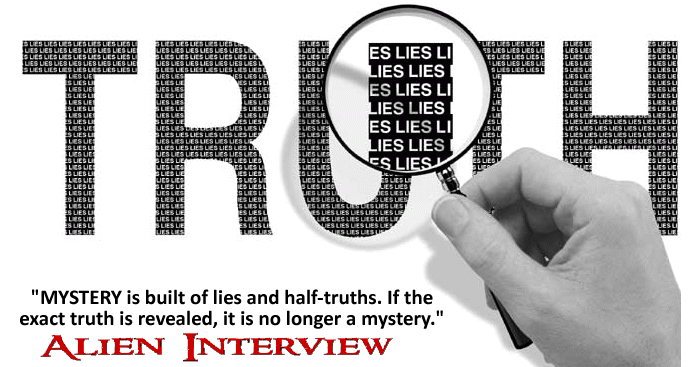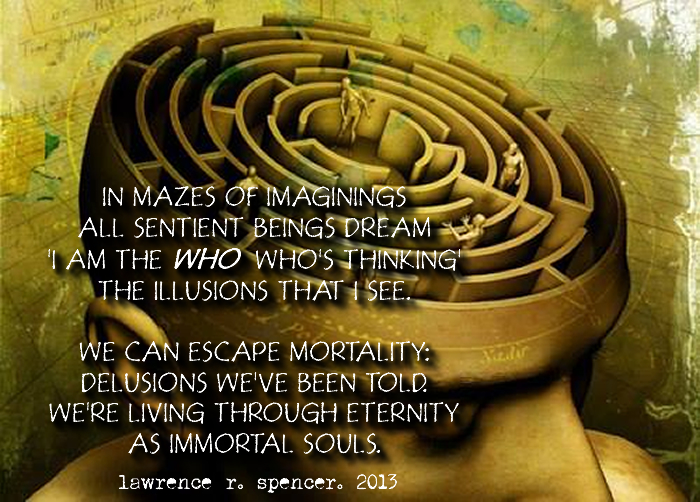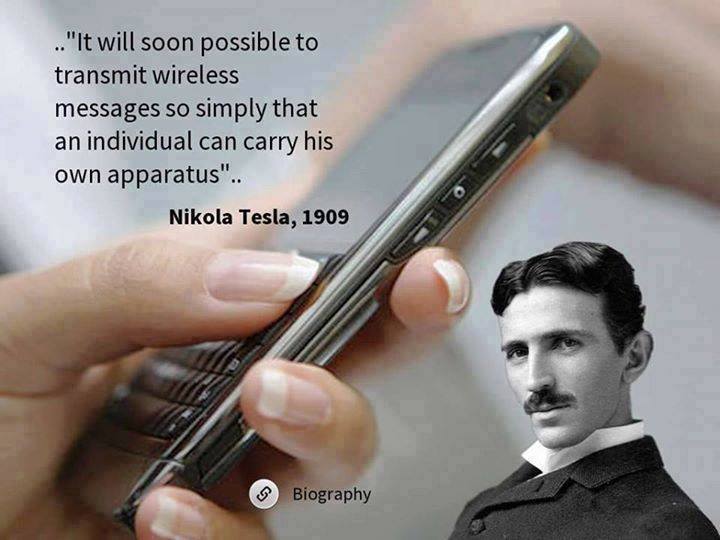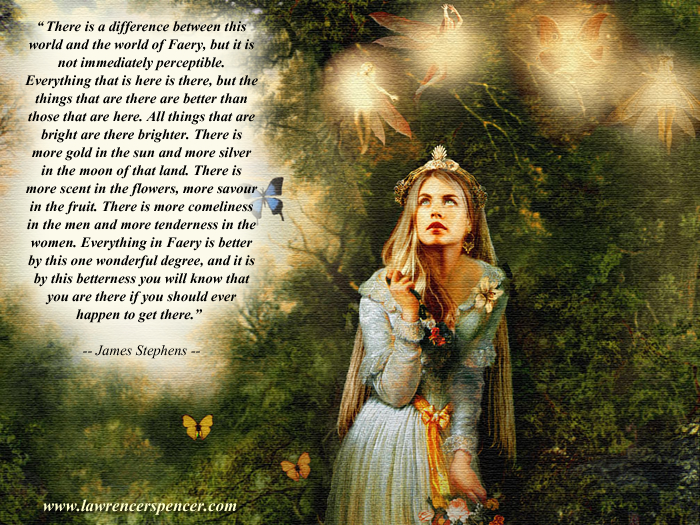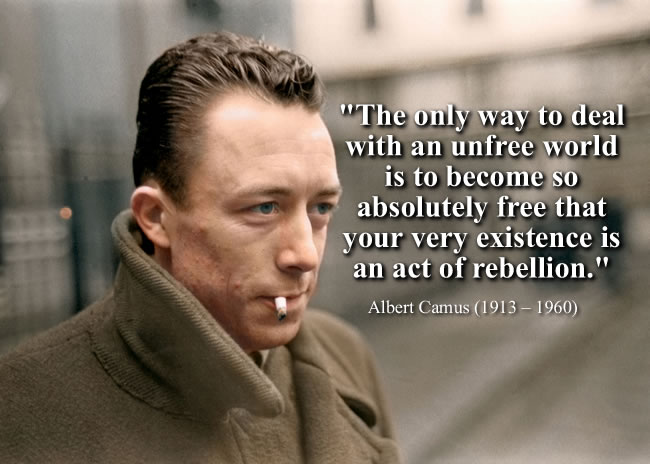Republished by Blog Post Promoter
“MYSTERY is built of lies and half-truths. Lies cause persistence because they alter facts which are comprised of exact dates, places and events. When truth is known, a lie no longer persists. If the exact truth is revealed, it is no longer a mystery.
All of the pyramid civilizations of Earth were carefully contrived of layer upon layer of lies, skillfully combined with a few truths. The priest cult of the “Old Empire” combined sophisticated mathematics and space opera technology, with theatrical metaphors and symbolism. All of these are complete fabrications of truth, baited with the allure of aesthetics and mystery.
The intricate rituals, astronomical alignments, secret rites, massive monuments, marvelous architecture, artistically rendered hieroglyphs and man-animal “gods” were designed to create a unsolvable mystery for the IS-BE prison population on Earth. The mystery diverts attention away from the truth that IS-BEs have been captured, given amnesia and imprisoned on a planet far, far away from their home.
The truth is that every single IS-BE on Earth came to Earth from some other planetary system. Not one person on Earth is a “native” inhabitant. Human beings did not “evolve” on Earth.” ~ Excerpt from Alien Interview
Visit the website for the book at www.alieninterview.org. Buy the book. Read the book.

